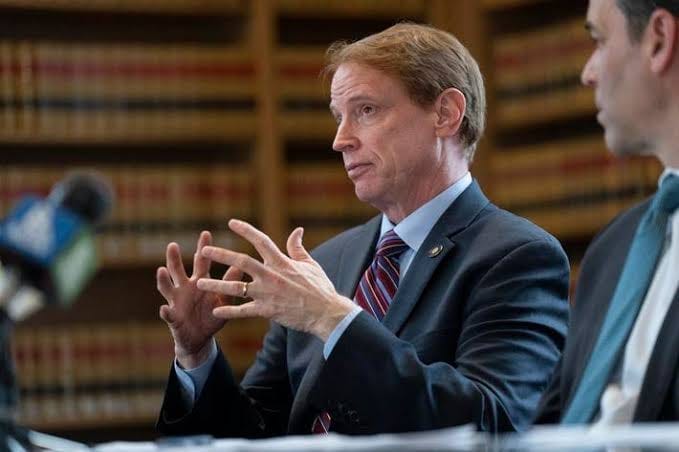Oregon Lawmakers Pass Drug Possession Bill
Source: Google

On Friday, the Oregon Legislature passed a bill that recriminalizes the possession of drugs thereby changing a key part of the state’s first-in-the-nation drug decriminalization law as governments struggle to respond to the overdose crisis surging in the United States.
On Thursday, the state House of Senate approved House Bill 4002 in a 21-8 vote after the House passed it 51-7.
The bill will now head to the office of the Governor of Oregon Tina Kotek, who said in January that she is open to signing a bill that would roll back decriminalization, according to Oregon Public Broadcasting.
“With this bill, we are doubling down on our commitment to make sure Oregonians have access to the treatment and care that they need,” said Democratic Senate Majority Leader Kate Lieber, of Portland, one of the bill’s authors,
He also said the passage of the bill would “be the start of real and transformative change for our justice system.”
The new law makes the possession of small amounts of drugs such as heroin or methamphetamine, punishable by up to six months in jail.
The new bill allows the police to confiscate the drugs and investigate their use on sidewalks and in parks.
Offenders can also be punished by undergoing Drug treatment.
The bill also makes it easier to prosecute illegal drug sellers,
Decriminalization of personal-use amounts of drugs, OK’d by voters in 2020 under Ballot Measure 110, was supposed to move hundreds of millions of dollars of marijuana tax revenues into drug treatment and harm reduction programs. That didn’t translate into an improved care network for a state with the second-highest rate of substance use disorder in the nation and ranked 50th for access to treatment, according to an audit report released in 2023, AP News reported.
Some senators have however voiced their opinions against the passing of the new bill. Democratic Sen. Lew Frederick, of Portland, said the bill had too many loopholes and that testimony on the bill heard over and over again was that substance use disorder requires a primary medical response.
“I’m concerned that the bill will attempt to use the same tactics of the past, and fail, only to reinforce the punishment narrative that has failed for 50 years,” Senator Frederick said.



